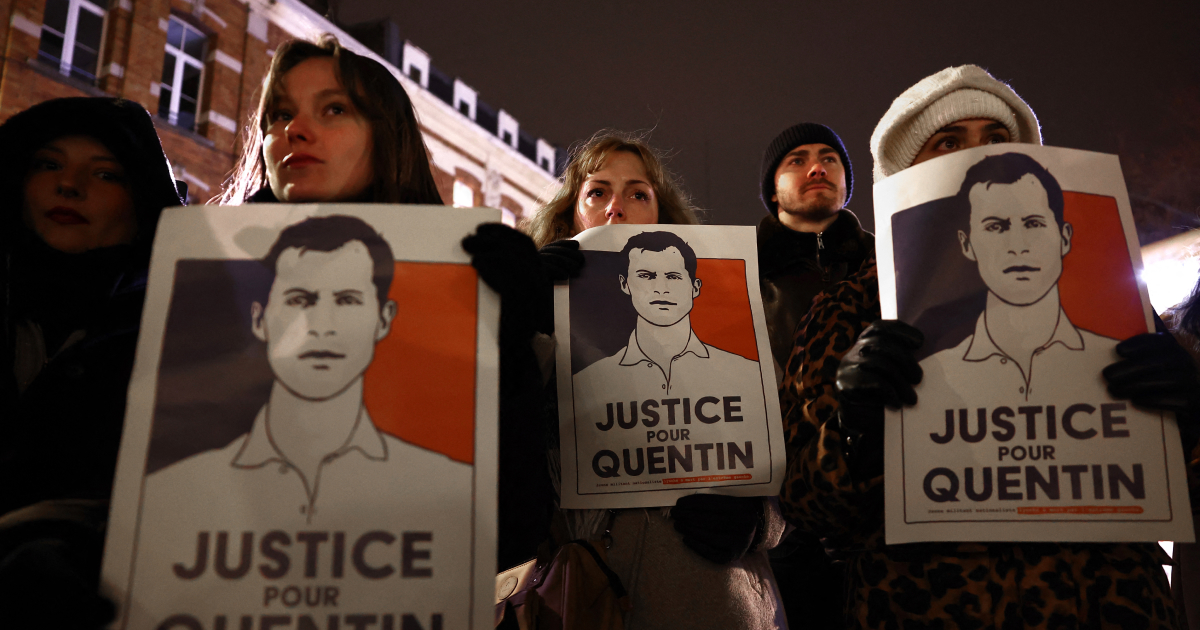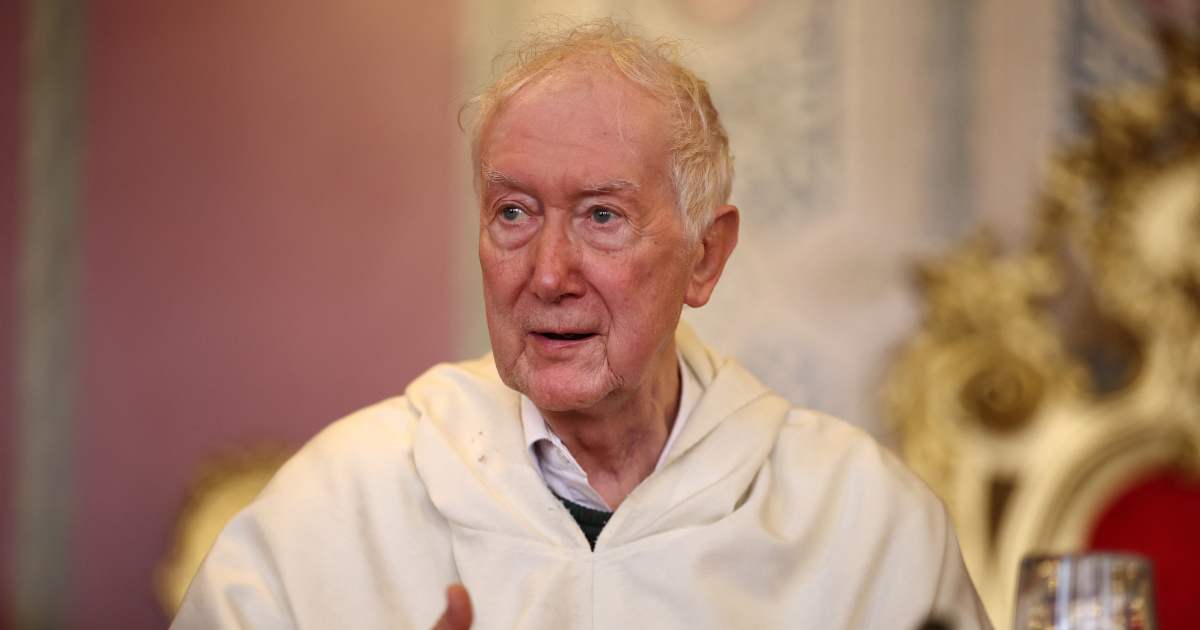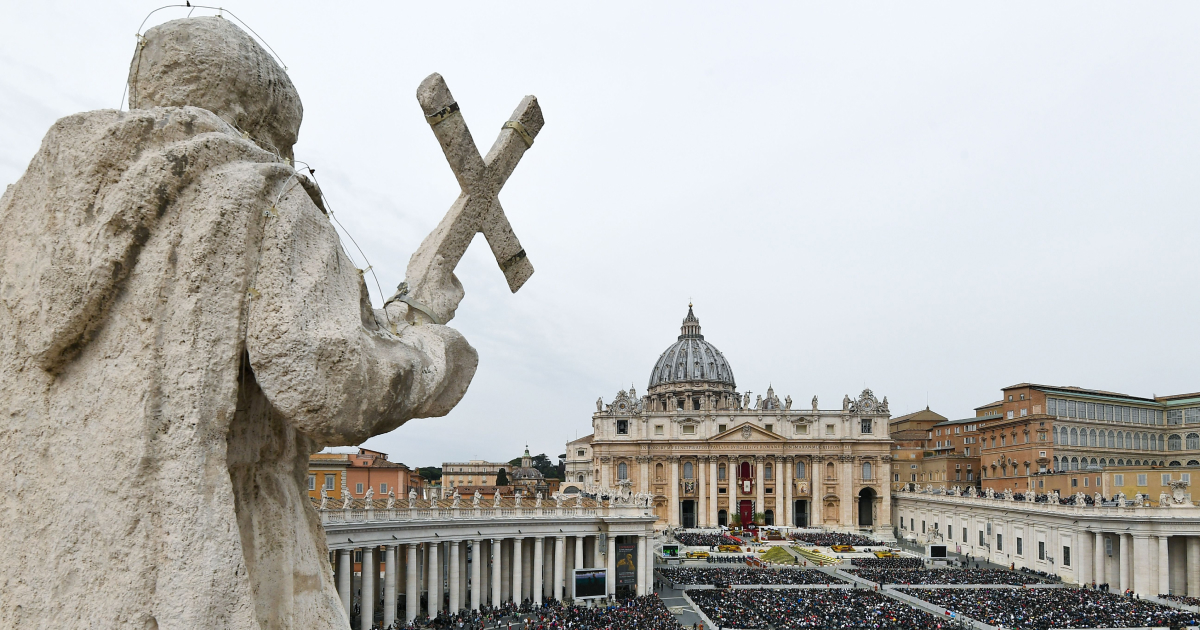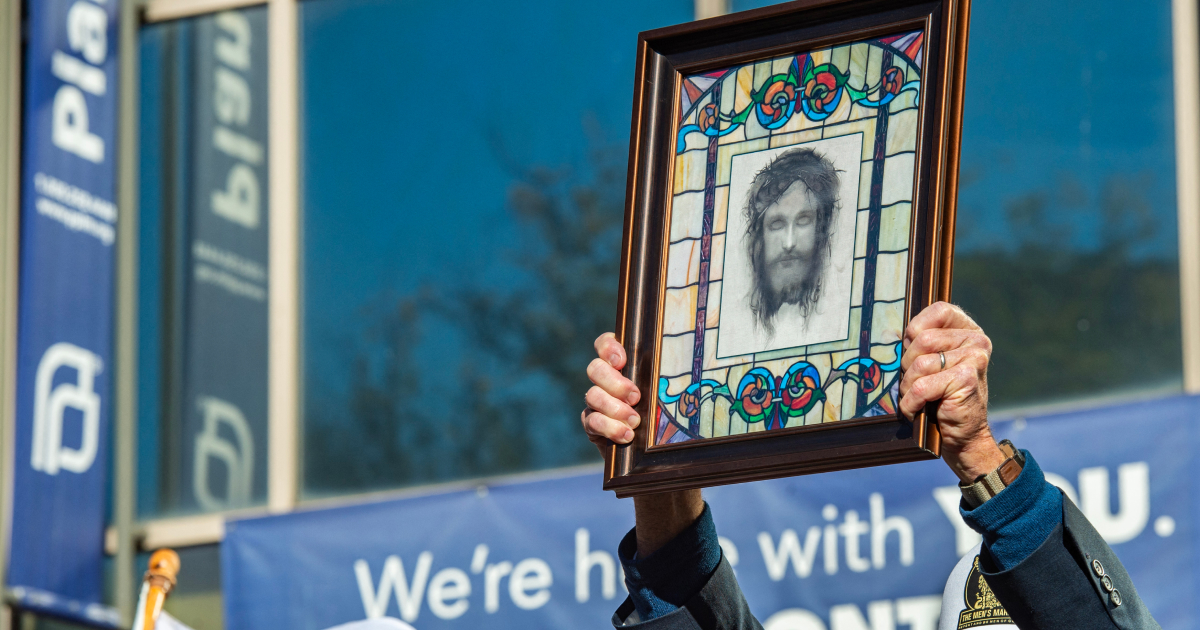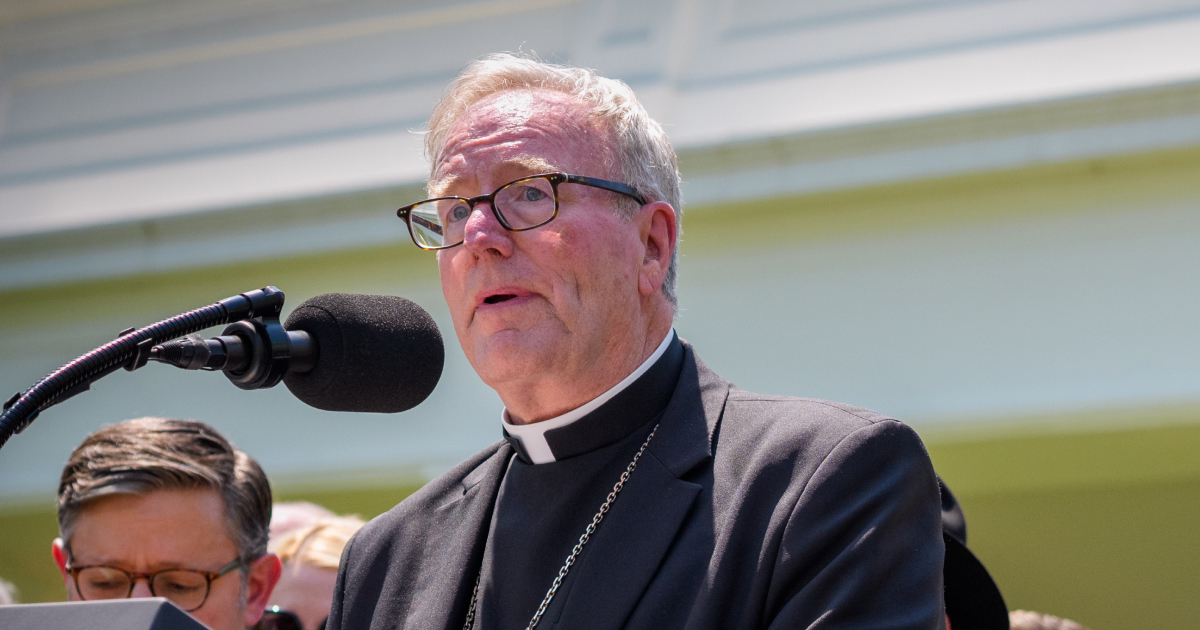Fr Richard D’Souza SJ, the new Director of the Vatican Observatory, has listed three emerging scientific fields that Catholics should pay close attention to.
Speaking in an interview with Indian Catholic Matters, the Jesuit priest—appointed last week by Pope Leo—reflected on his Indian background, vocation to the Society of Jesus, and what led him to become an astronomer.
When asked which scientific fields the Church needs to engage with more actively, Fr D’Souza named three: advancements in protein structure (through artificial intelligence), climate change, and artificial intelligence itself.
His remarks come amid increasing global reliance on AI. Notably, ChatGPT reached 100 million users within two months of its launch, and 78 per cent of global companies now report using AI in their operations.
It is widely speculated that Pope Leo may dedicate a future encyclical to AI or address it at length within one. Just two days after his election, the Holy Father stated that his choice of name was in reference to Pope Leo XIII, who “in his historic Encyclical Rerum Novarum addressed the social question in the context of the first great industrial revolution.” He continued: “In our own day, the Church offers to everyone the treasury of her social teaching in response to another industrial revolution and to developments in the field of artificial intelligence that pose new challenges for the defence of human dignity, justice and labour.”
Fr D’Souza highlighted recent advancements in protein structure prediction using AI. This innovation seeks to solve one of biology’s hardest problems: determining a protein’s three-dimensional shape from its amino acid sequence. In 2023, the artificial intelligence AlphaFold predicted the structures of over 200 million proteins—virtually every known protein from every organism on Earth. This breakthrough is expected to make drug discovery faster and more precise by enabling the design of molecules that target specific proteins.
AI-driven protein modelling has also advanced rare disease research, especially for conditions caused by misfolded or malfunctioning proteins. Synthetic biology and vaccine design are likewise benefiting, as scientists can now engineer proteins with desired properties.
Climate change remains a significant global concern. The year 2024 was recorded as the warmest in history, and 2025 is on track to be the second or third hottest. The average global temperature in 2024 was approximately 1.52 °C above the 1850–1900 baseline. Sea levels are also rising dramatically at a rate of approximately 4.6 mm per year (2013–2022), affecting nearly one billion people living in low-lying areas. In his 2015 encyclical Laudato Si’ (On Care for Our Common Home), Pope Francis described climate change as “one of the principal challenges facing humanity today”.
Fr D’Souza has served with the Vatican Observatory since 2016. He is a member of the International Astronomical Union and has published widely in international scientific journals, with research focused on the phenomenon of galaxy merging.





.png)


